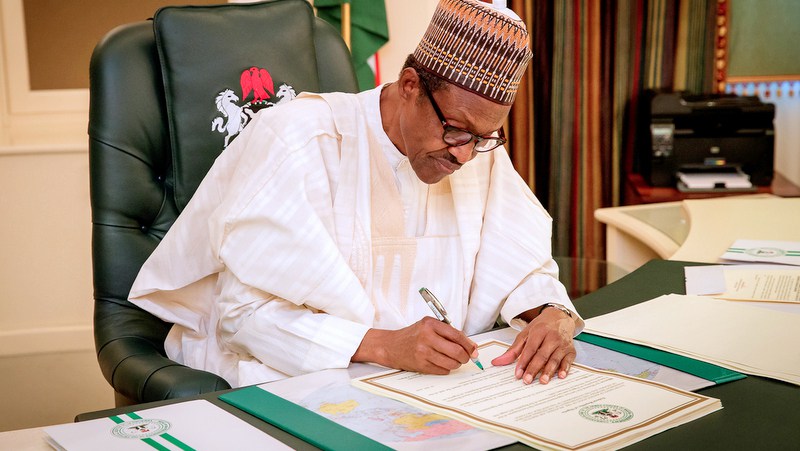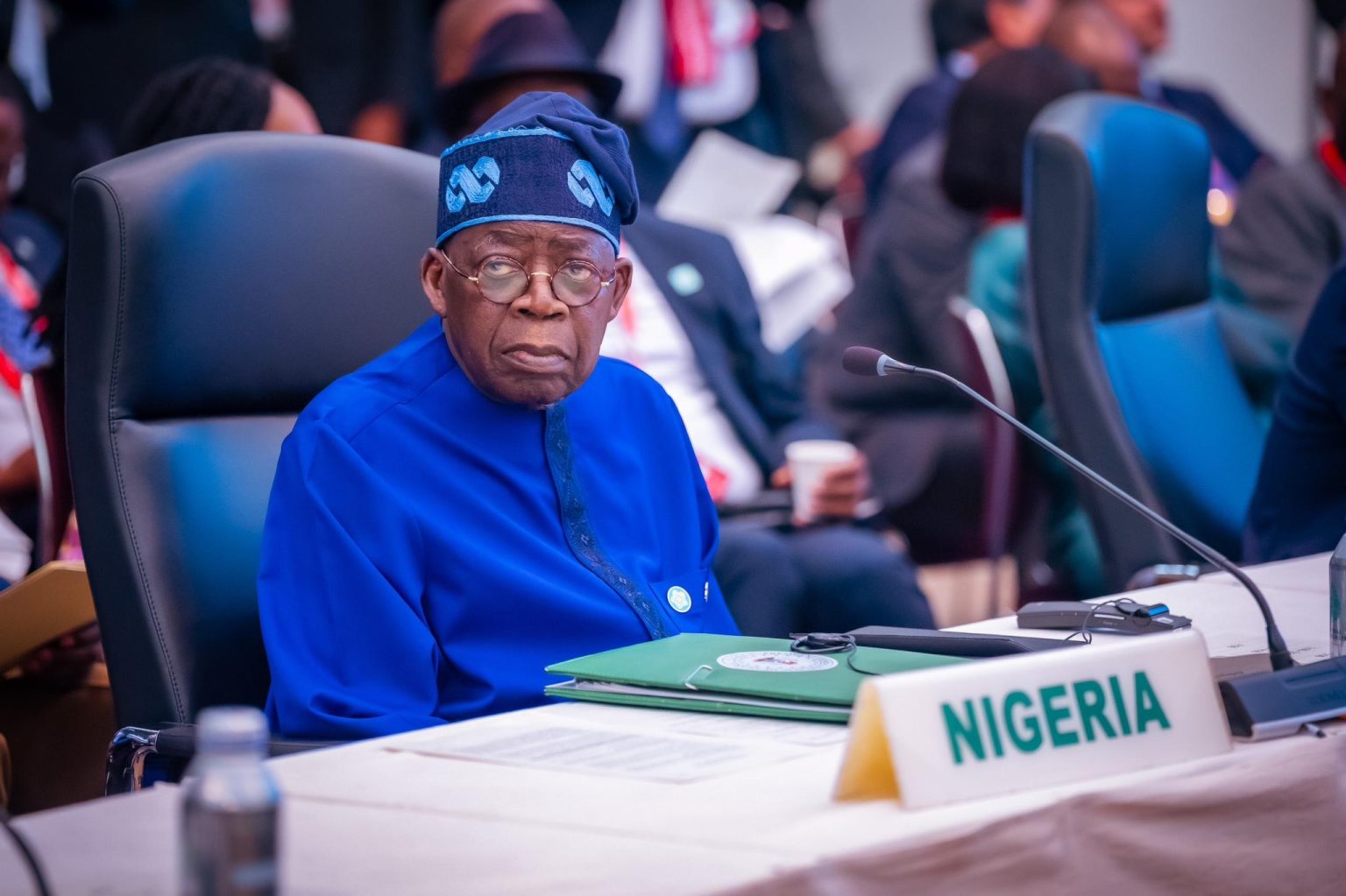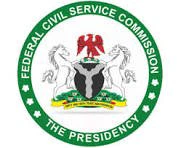Headlines
President Buhari assents N9.12trn 2018 Budget

By joseph inokotong
President Muhammadu Buhari has signed into law the 2018 N9.12 trillion Appropriation Bill, which makes provision for government spending for the fiscal year.
Buhari who signed the Budget at a brief ceremony at the State House, Aso Rock, Abuja expressed concern over certain changes made by members of the National Assembly over the initial proposals sent last year in the Appropriations Bill.
I would like to thank the leadership of the National Assembly, particularly the Senate President and the Speaker of the House of Representatives, as well as all the Distinguished Senators and Honourable Members, for passing the 2018 Appropriation Bill, after seven months.
The President said: “When I submitted the 2018 Budget proposals to the National Assembly on 7th November 2017, I had hoped that the usual legislative review process would be quick, so as to move Nigeria towards a predictable January-December financial year. The importance of this predictability cannot be overemphasized.
“While the Federal Government’s budget represents less than 10% of aggregate yearly expenditures in the economy, it has a very significant accelerator effect on the financial plans of other tiers of government, and even more importantly, the private sector, which mostly operates on a January-December financial year.
“Notwithstanding the delay this year, I am determined to continue to work with the National Assembly towards improving the budgeting process and restoring our country to the January-December fiscal cycle.
“I note, with pleasure, that the National Assembly is working on the enactment of an Organic Budget Law, so as to improve the efficiency of the nation’s budgetary process.
“As I mentioned during the presentation of the 2018 Appropriation Bill, we intend to use the 2018 Budget to consolidate the achievements of previous budgets and deliver on Nigeria’s Economic Recovery and Growth Plan (ERGP) 2017-2020.
“It is in this regard that I am concerned about some of the changes that the National Assembly has made to the budget proposals that I presented. The logic behind the Constitutional direction that budgets should be proposed by the Executive is that, it is the Executive that knows and defines its policies and projects.
“Unfortunately, that has not been given much regard in what has been sent to me. The National Assembly made cuts amounting to 347 billion Naira in the allocations to 4,700 projects submitted to them for consideration and introduced 6,403 projects of their own amounting to 578 billion Naira.
“Many of the projects cut are critical and may be difficult, if not impossible, to implement with the reduced allocation. Some of the new projects inserted by the National Assembly have not been properly conceptualized, designed and costed and will therefore be difficult to execute.
“Furthermore, many of these new projects introduced by the National Assembly have been added to the budgets of most MDAs with no consideration for institutional capacity to execute them or the incremental recurrent expenditure that may be required.
“As it is, some of these projects relate to matters that are the responsibility of the States and Local Governments, and for which the Federal Government should therefore not be unduly burdened.
“Such examples of projects from which cuts were made are as follows:
“The provisions for some nationally/regionally strategic infrastructure projects such as Counter-part funding for the Mambilla Power Plant, Second Niger Bridge/ancillary roads, the East-West Road, Bonny-Bodo Road, Lagos-Ibadan Expressway and Itakpe-Ajaokuta Rail Project were cut by an aggregate of 11.5 billion Naira.
“Similarly, provisions for some ongoing critical infrastructure projects in the FCT, Abuja especially major arterial roads and the mass transit rail project, were cut by a total of 7.5 billion Naira.
“The provision for Rehabilitation and Additional Security Measures for the United Nations Building by the FCT, Abuja was cut by 3.9 billion Naira from 4 billion Naira to 100 million Naira; this will make it impossible for the Federal Government of Nigeria to fulfill its commitment to the United Nations on this project.
“The provisions for various Strategic Interventions in the health sector such as the upgrade of some tertiary health institutions, transport and storage of vaccines through the cold chain supply system, provision of anti-retroviral drugs for persons on treatment, establishment of chemotherapy centres and procurement of dialysis consumables were cut by an aggregate amount of 7.45 billion Naira.
“The provision for security infrastructure in the 104 Unity Schools across the country were cut by 3 billion Naira at a time when securing our students against acts of terrorism ought to be a major concern of government.
“The provision for the Federal Government’s National Housing Programme was cut by 8.7 billion Naira.
“At a time when we are working with Labour to address compensation-related issues, a total of 5 billion Naira was cut from the provisions for Pension Redemption Fund and Public Service Wage Adjustment.
“The provisions for Export Expansion Grant (EEG) and Special Economic Zones/Industrial Parks, which are key industrialization initiatives of this Administration, were cut by a total of 14.5 billion Naira.
“The provision for Construction of the Terminal Building at Enugu Airport was cut from 2 billion Naira to 500 million Naira which will further delay the completion of this critical project.
“The Take-off Grant for the Maritime University in Delta State, a key strategic initiative of the Federal Government, was cut from 5 billion Naira to 3.4 billion Naira.
“About seventy (70) new road projects have been inserted into the budget of the Federal Ministry of Power, Works and Housing. In doing so, the National Assembly applied some of the additional funds expected from the upward review of the oil price benchmark to the Ministry’s vote. Regrettably, however, in order to make provision for some of the new roads, the amounts allocated to some strategic major roads have been cut by the National Assembly.
“Another area of concern is the increase by the National Assembly of the provisions for Statutory Transfers by an aggregate of 73.96 billion Naira. Most of these increases are for recurrent expenditure at a time we are trying to keep down the cost of governance.
“An example of this increase is the budget of the National Assembly itself which has increased by 14.5 billion Naira, from 125 billion Naira to 139.5 billion Naira without any discussion with the Executive.
“Notwithstanding the above stated observations, I have decided to sign the 2018 Budget in order not to further slowdown the pace of recovery of our economy, which has doubtlessly been affected by the delay in passing the budget.
“However, it is my intention to seek to remedy some of the most critical of these issues through a supplementary and/or amendment budget which I hope the National Assembly will be able to expeditiously consider.
“I am pleased with the success recorded in the implementation of the 2017 Budget. A total sum of 1.5 trillion Naira has been released for the implementation of capital projects during the 2017 fiscal year. In response to this and other policy measures implemented, we have observed significant improvement in the performance of the Nigerian economy.
“To achieve the laudable objectives of the 2018 Budget, we will work very hard to generate the revenues required to finance our projects and programmes. The positive global oil market outlook, as well as continuing improvement in non-oil revenues, make us optimistic about our ability to finance the budget.
“However, being a deficit budget, the Borrowing Plan will be forwarded to the National Assembly shortly. I crave the indulgence of the National Assembly for a speedy consideration and approval of the Plan.
“The 2018 Budget I have just signed into law provides for aggregate expenditures of 9.12 trillion Naira, which is 22.6% higher than the 2017 Appropriation. Further details of the approved budget will be provided by the Minister of Budget and National Planning.
“I thank the Ministers of Budget and National Planning, the Budget Office of the Federation, and everyone who worked tirelessly and sacrificed so much to bring us to this day. However, the job is only partly done.
“I am sure you will remain committed to advancing our Change Agenda, not only in the preparation of the national budget but also in ensuring its effective implementation.”
Headlines
“Nigeria Is in a Hurry to Celebrate Victory Over Enemies of the State,” Says Tinubu as He Decorates New Service Chiefs

By: Fabian Apechihin
President Bola Ahmed Tinubu has urged the newly appointed service chiefs to discharge their duties with utmost dedication and renewed commitment, declaring that “Nigeria is in a hurry to celebrate victory over enemies of the state.”
The President made this statement on Thursday during the decoration ceremony of the new service chiefs with their ranks at the Aso Rock Presidential Villa in Abuja.
Those decorated were General Olufemi Oluyede as Chief of Defence Staff, Lieutenant-General Wahidi Shaibu as Chief of Army Staff, Air Marshal Kennedy Aneke as Chief of Air Staff, and Vice Admiral Idi Abbas as Chief of Naval Staff.
The ceremony was attended by Vice President Kashim Shettima and the spouses of the newly promoted officers, who joined the President in performing the decorations.
In his address, Tinubu underscored the central role of security in fostering national development and reaffirmed his administration’s commitment to protecting the lives and property of all Nigerians.
“Security is an essential element without which everything else becomes meaningless,” the President stated. “There can be no sustainable development if this fundamental need is not met. Our people and our nation must remain secure to enjoy the dividends of governance.”
The elevation and decoration of the new military chiefs followed their confirmation by the National Assembly on Wednesday, after a closed-door screening session with lawmakers.
It will be recalled that, in a recent overhaul of the nation’s military hierarchy, President Tinubu appointed:
- Lieutenant General Olufemi Olatubosun Oluyede as Chief of Defence Staff,
- Major General Waidi Shaibu as Chief of Army Staff,
- Rear Admiral Idi Abbas as Chief of Naval Staff,
- Air Vice Marshal Sunday Aneke as Chief of Air Staff, and
- Major General Emmanuel Undiandeye retained as Chief of Defence Intelligence.
The new appointments mark a strategic restructuring of Nigeria’s security leadership aimed at strengthening the fight against insurgency, banditry, and other threats to national stability.
Headlines
FG Dismisses Coup Rumour, Reaffirms Confidence in Nigerian Military

By: Fabian Apechihin
The Federal Government has dismissed widespread rumours of an alleged military coup plot against President Bola Tinubu, declaring its full confidence in the loyalty and professionalism of the Nigerian Armed Forces.
Minister of Information and National Orientation, Mohammed Idris, made this known in an interview with The Punch on Sunday, insisting that the administration has “no reason whatsoever” to doubt the assurances given by the Defence Headquarters, which had earlier denied reports linking the detention of 16 military officers to a coup attempt.
“The Federal Government has no reason to doubt the military on what it has said,” Idris stated.
“We believe the Armed Forces of Nigeria remain committed to protecting the nation’s territorial integrity and strengthening the fight against insecurity. The government commends their sacrifice and will continue to support them in safeguarding the country.”
The minister’s remarks came a day after the Director of Defence Information, Brigadier General Tukur Gusau, firmly debunked a report by Sahara Reporters alleging that the detention of 16 officers was connected to a failed coup plot and the cancellation of the 65th Independence Day parade.
Gusau described the publication as “false, mischievous, and deliberately aimed at creating unnecessary tension and public distrust.”
He clarified that the cancellation of the October 1 Independence Day parade was a purely administrative decision — taken to allow President Tinubu attend a key bilateral meeting abroad and to enable military units sustain ongoing counterinsurgency operations nationwide.
On the issue of the detained officers, Gusau said their case was “an internal disciplinary process” and not related to any political matter.
“The investigation involving the 16 officers is routine, aimed at upholding discipline and professionalism within the ranks,” he explained. “An investigative panel has been constituted, and its findings will be made public in due course.”
Reaffirming the military’s constitutional role and unwavering commitment to civilian rule, Gusau stressed emphatically:
“Democracy is forever.”
Headlines
FG Moves to Reform Civil Service Disciplinary System for Greater Efficiency

By: Fabian Apechihin
The Federal Government is set to overhaul the disciplinary control system in the civil service to promote efficiency, accountability, and timely resolution of cases.
The Chairman of the Federal Civil Service Commission (FCSC), Prof. Tunji Olaopa, made this known during a one-day joint retreat between the FCSC and the Office of the Head of the Civil Service of the Federation (OHCSF).
In a statement issued on Tuesday by the Commission’s Head of Press and Public Relations, Taiwo Hassan, Olaopa emphasized that the review would drive culture change, value reorientation, and improve the overall disciplinary framework in the public sector.
He likened the relationship between the FCSC and OHCSF to that of “Siamese twins,” noting that both bodies share crucial responsibilities in policy implementation, regulatory enforcement, and leadership across the service.
Olaopa also underscored the need for stronger collaboration and communication between the two institutions to avoid misunderstandings, build trust, and enhance service delivery.
The FCSC chairman further advocated for an integrated system that links merit-based recruitment, competency-driven human resource management, and performance evaluation with the civil service wage structure, saying such reforms would help reposition government as an “employer of choice.”
Speaking on behalf of the Head of the Civil Service of the Federation, Dr. Folasade Yemi-Esan, Esther Walson-Jack praised Olaopa’s reform initiatives, describing the retreat as a renewed commitment to strengthening collaboration and efficiency within the civil service.
The renewed push for reform follows rising concerns about bureaucratic bottlenecks, delayed disciplinary actions, and weak accountability mechanisms in Nigeria’s public administration.
-

 Uncategorized5 years ago
Uncategorized5 years agoFG, states urged to harness flooding for ranching, others with technology – Agbaje
-

 Headlines10 years ago
Headlines10 years agoBreaking: EFCC seals Borno House of Assembly, as Hon members take to their heels
-

 News11 years ago
News11 years agoNigeria Security Operatives Stage Manhunt For Homosexual Perpetrator
-

 News9 years ago
News9 years agoHow 21-year-old Girl fled community over accusation of lesbianism
-

 News10 years ago
News10 years agoYobe Gov Moves Against Deputy
-

 Opinion7 years ago
Opinion7 years ago7 signs she has friend zoned you
-
Technology4 years ago
Online job placement company headhunts women
-

 Headlines10 years ago
Headlines10 years agoBorno Dep Gov Abducts Another Church Leader





